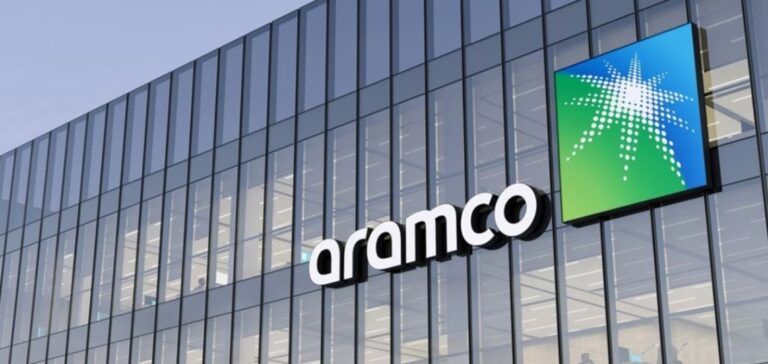Aramco, a global energy giant, has signed an agreement to acquire a 25% stake in Unioil Petroleum Philippines, a major player in the Philippine oil sector. This partnership, subject to necessary regulatory approvals, marks another step in the Saudi company’s strategy to expand in high-value fuel markets. The deal adds to a series of recent initiatives by Aramco aimed at strengthening its global retail network.
International Expansion Strategy
This acquisition enables Aramco to enter a strategic market in Southeast Asia, where demand for refined fuels and related products, such as lubricants, is growing steadily. With a network of 165 service stations, Unioil stands out for its rapid expansion in the Philippines, a dynamic and developing market. By expanding its network, Aramco aims to increase its presence in high-growth economies and offer its refined products to a local customer base that is growing rapidly.
A Strong Partnership for a Shared Future
Yasser Mufti, Executive Vice President of Aramco responsible for Products and Customers, emphasized that this acquisition is part of the company’s efforts to strengthen its position in dynamic, high-potential markets. According to him, this strategic partnership with Unioil will pave the way for the distribution of Valvoline lubricants, another key brand of Aramco, at selected service stations across the country.
Founded in 1966, Unioil is one of the largest companies involved in wholesale and retail fuel distribution in the Philippines, with a network of over 160 service stations. The agreement with Aramco represents a turning point for Unioil, which sees this collaboration as an opportunity to accelerate its growth while benefiting from the expertise and global reach of a world leader.
Long-Term Vision for the Asian Market
This transaction, which fits into Aramco’s broader strategy, follows similar expansions by the company in countries such as Chile and Pakistan. Aramco is not limited to crude oil production but seeks to add value to its refined products, particularly by developing its retail network worldwide. The deal is expected to allow the company to capture new market share in the region while diversifying its activities.
The acquisition of Unioil in the Philippines is thus part of a long-term goal to enhance Aramco’s influence in downstream energy sectors. The expansion of its retail network, combined with the distribution of Valvoline lubricants, aims to meet growing demand in this strategic region while solidifying Aramco’s global position.






















